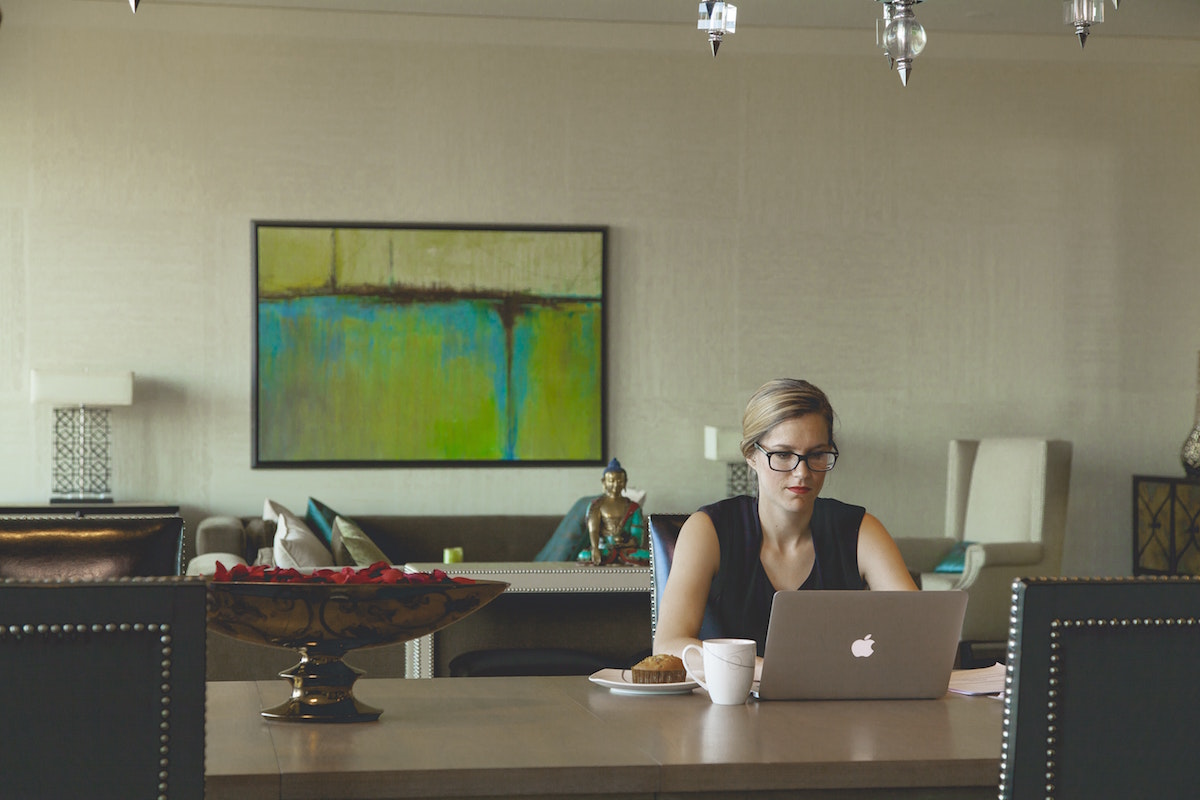Cover Girl Pairs With Girls Who Code Because Femininity and STEM Are Not Mutually Exclusive

The nonprofit organization Girls Who Code–a group dedicated to closing the gender gap in technology–has paired with Cover Girl cosmetics in a campaign to increase inclusivity of women in STEM fields.
This isn’t Cover Girl’s first time targeting this area. Last year, they named a 69-year-old brand ambassador, declaring that beauty, and beauty brands, aren’t limited by age. That ambassador was Maye Musk, business owner, holder of two Master of Science degrees, and mother to technology supervillain entrepreneur Elon Musk.
In a statement (via Hello Giggles), the makeup company explains the new partnership, saying, “CoverGirl believes that it’s important to instill confidence in not only the badass young ladies of Girls Who Code, but all young girls, and empower them to be their most authentic selves while also following their dreams and making a difference.”
Now, some of the copy in that video above and its description on YouTube is more than a little cheesy, declaring that these women “keep their skin as clean as their code.” And sure, using the marginalization of women as a marketing device to sell anything can easily verge into feeling exploitative.
But just as there are social stereotypes keeping women out of STEM, there are also plenty of stigmas working to convince us that only certain “types” of women will be accepted into these fields, that women must fit in with a “boy’s club” environment, rather than dismantling that culture itself. Even as women become more regularly accepted in these professions, traditional forms of femininity are still largely judged as being less than worthy of the field.
What I love about this campaign is not just the affirmation that women can enjoy makeup and be kickass coders, and that the two are in no way mutually exclusive–but also the focus on female friendships in these industries.
That video above is simply 15 seconds of three women in casual conversation, expressing pride in their work, in the way that any of us talk to our friends about pretty much any subject. The casualness, the normalcy of that quick conversation, is beautiful.
Women may make up only 24% of the computing workforce, but the emphasis can’t just be on getting more individual women into these fields. Depicting strong female friendships in these workplaces is a way to subtly refute the systemic barriers that keep so many women and other marginalized people from feeling welcome in STEM.
Case in point: In searching through stock images for a header picture, it is incredibly hard to find a picture of multiple women, and only women, in an office setting. So if this message–that women can not just exist is STEM, but thrive, surrounded by other awesome and talented women–has to come in the form of a makeup commercial, I’m all for it.
(via Hello Giggles, image: Pixabay.com)
Want more stories like this? Become a subscriber and support the site!
—The Mary Sue has a strict comment policy that forbids, but is not limited to, personal insults toward anyone, hate speech, and trolling.—
Have a tip we should know? tips@themarysue.com